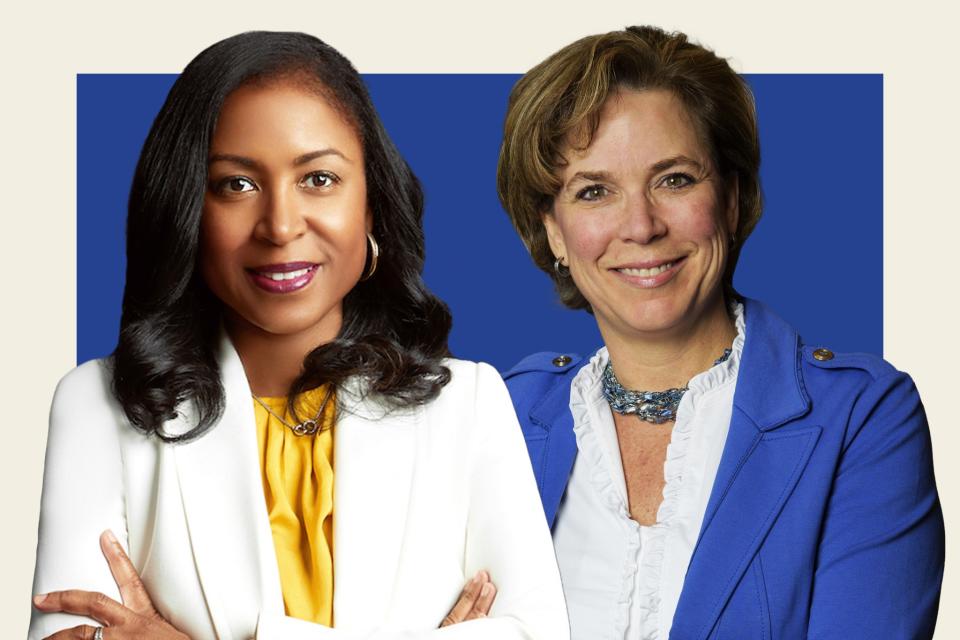AT&T made big benefits changes to keep up with the well-being crisis

Good morning!
The idea of employee well-being is bigger than ever, but companies are starting to reconsider how they go about offering workers mental health support.
Most recently, telecoms giant AT&T dropped its employee assistance program (EAP), a type of benefits offering that typically covers an allotted number of mental health treatment sessions, and moved to a new system run by Lyra Health, a workforce mental health benefits provider cofounded and led by former Facebook and Genentech CFO David Ebersman.
AT&T’s previous EAP allowed managers eight free mental health treatment sessions per year, and frontline workers got five sessions annually. It wasn’t connected to AT&T’s main health care plan options, and if employees hit their session allotment or needed additional care, they’d have to find a different mental health professional through their own health insurance. But given the spike in mental health concerns since the pandemic’s onset, and the additional help that workers wanted, AT&T decided to look for a new solution.
“We've all seen in the press over the last several years how the need for mental health and emotional support skyrocketed during the pandemic,” Juli Galloway, AT&T’s vice president of global benefits, tells Fortune. “We had an EAP and it was fine, [but] we felt the need to expand our offering to invest in our employees in a way that supported them.”
With Lyra, AT&T managers now get 16 free sessions annually on the platform, and frontline workers get five sessions annually per “issue” they experience, with no limit on how many “issues” employees can use. Galloway notes one key benefit of Lyra is that the platform integrates with the company’s health plan, meaning employees can continue treatment or pursue additional care, such as medication, as long as their health insurance covers it.
Within the first month after giving employees access to Lyra in early January, engagement with the platform was three times higher compared to the first month of its previous EAP, which launched in Jan. 2020.
Michelle Jordan, AT&T’s chief diversity officer, emphasized that leaders should think of themselves as role models when it comes to workplace mental health, and candidly discuss their own well-being with employees to help encourage them to seek care. Jordan started using Lyra during a trial period AT&T piloted with select employees, and has openly spoken about using the platform with her team.
“It gives them permission to be okay with not being okay and to have somebody that you can talk to,” Jordan told Fortune.
Paige McGlauflin
paige.mcglauflin@fortune.com
@paidion
Today's edition was curated by Emma Burleigh.
This story was originally featured on Fortune.com
